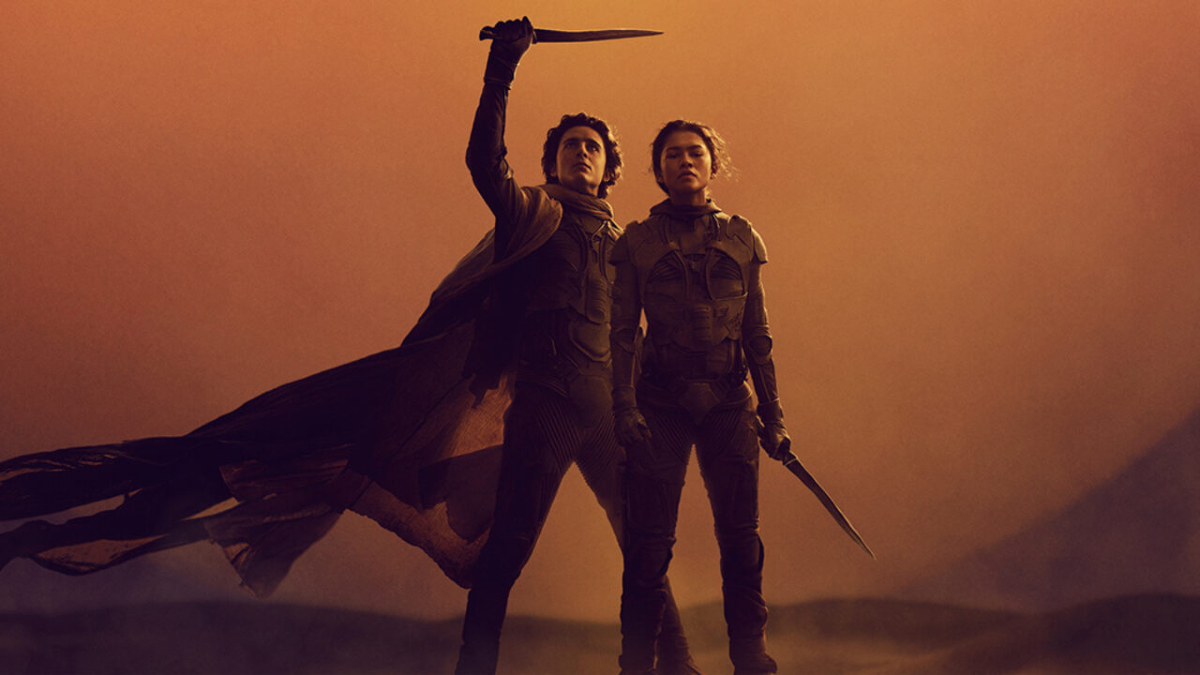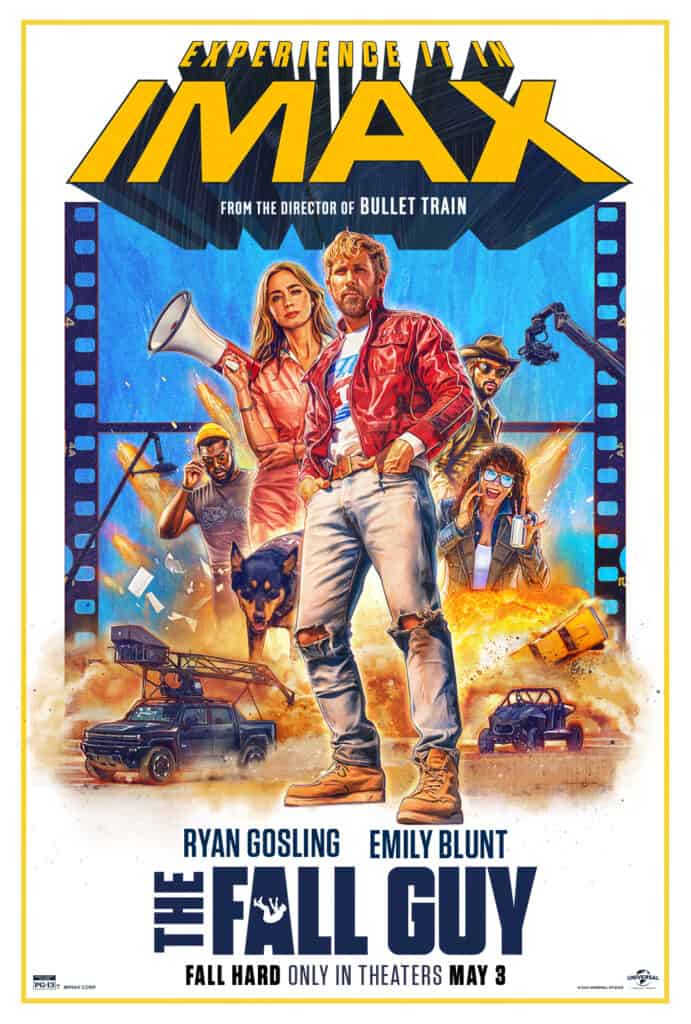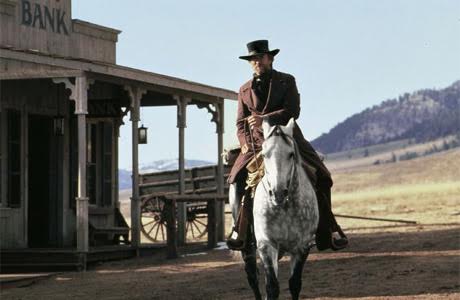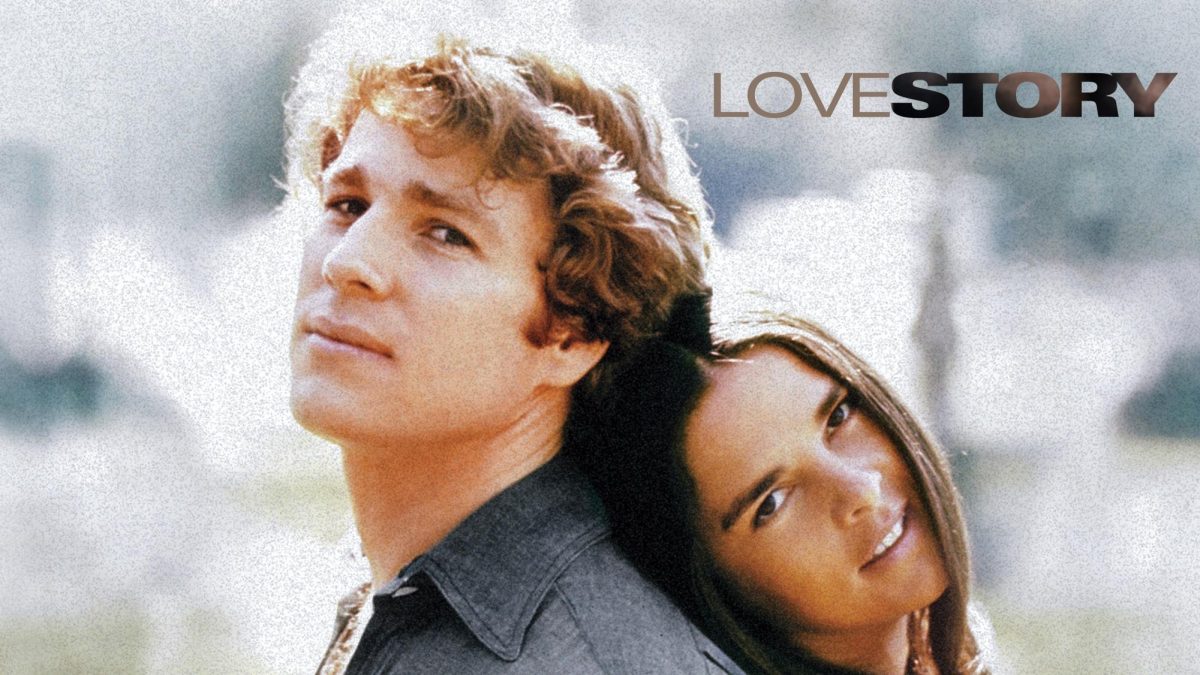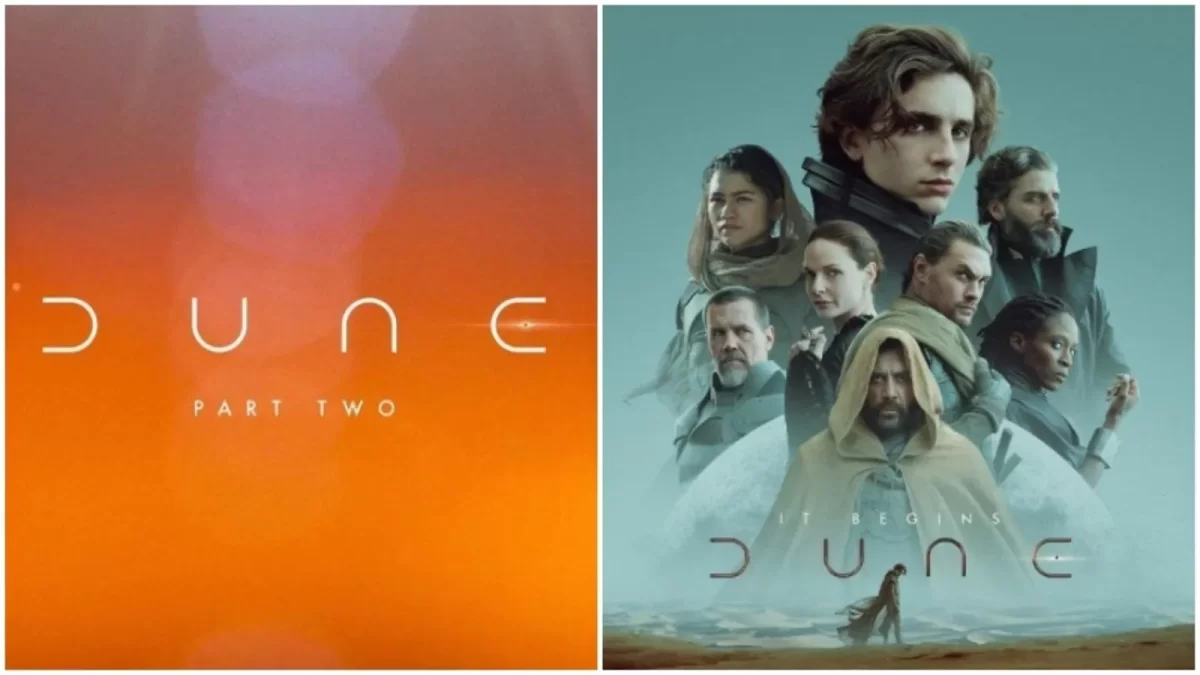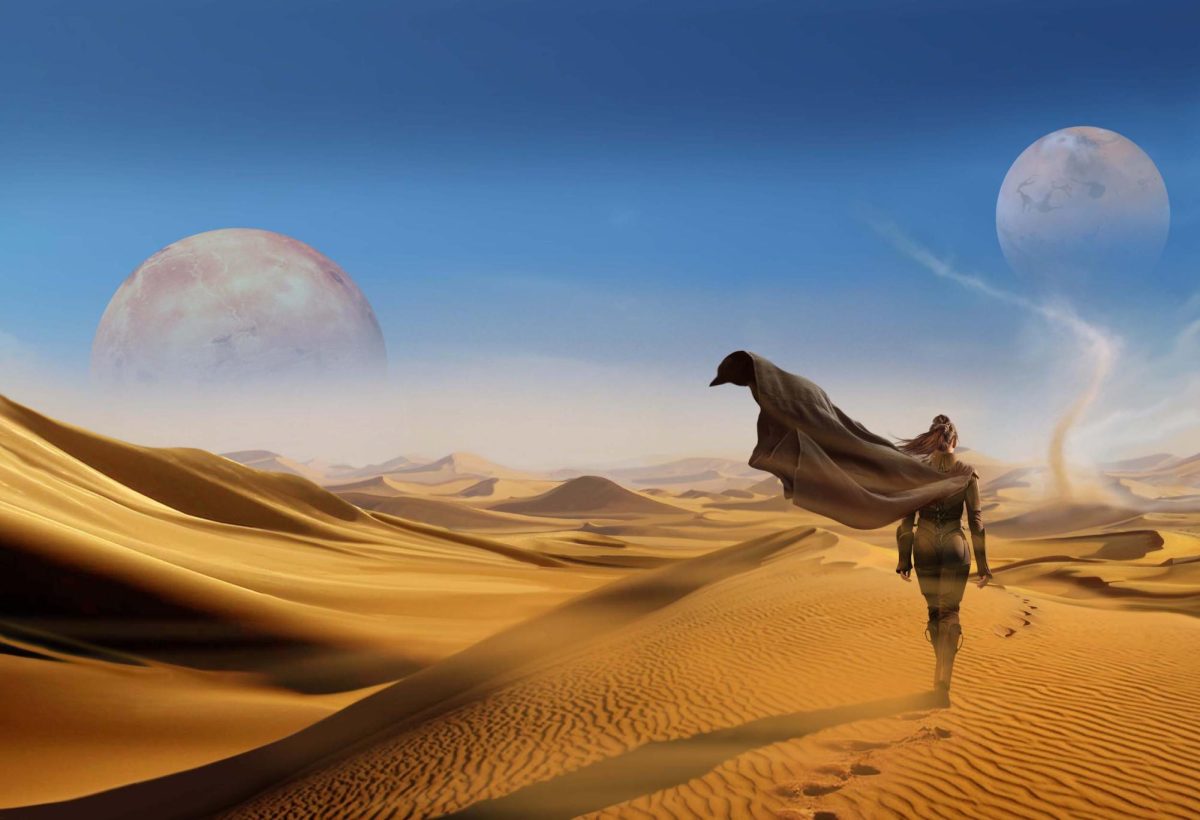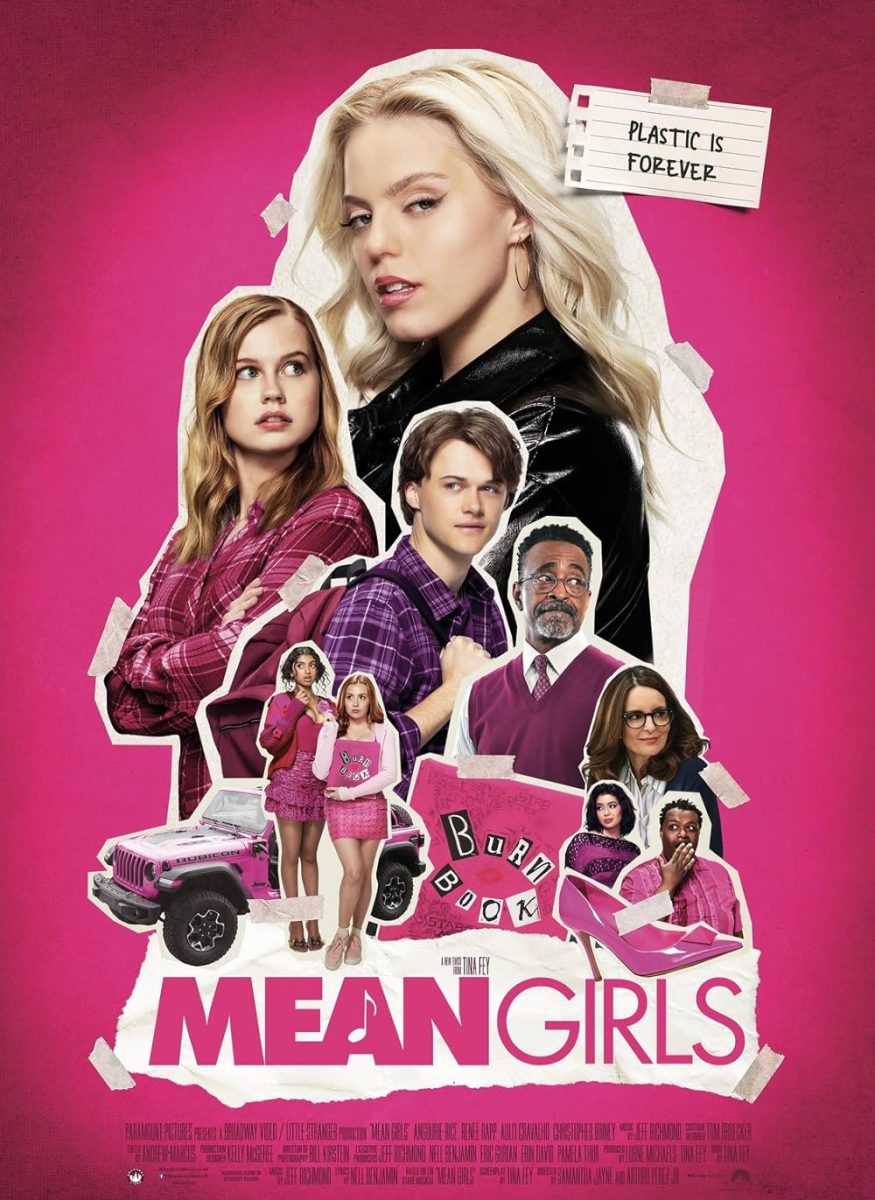Power over spice is power over all. This is the first line of dialogue in the film, spoken by a disembodied voice over a pitch-black screen, mirroring the opening of the previous film. It foreshadows a pivotal moment in the film, that entire galaxies can be controlled with a singular decision.
“Dune: Part Two” is the second part of Denis Villeneuve’s adaptation of Frank Herbert’s novel. The film’s release was offset from November of last year to March 1 due to the recently concluded Writers and Actors strike, but the time has finally come and audiences and critics alike have almost unanimously decided that it was worth the wait.
(Minor spoilers for “Dune: Part One” ahead?)
Following the ending of the previous film, which saw Paul Atreides and his mother Jessica fleeing into the desert and meeting the Fremen, the outworlders work to become a part of Fremen society. Many members of the society (known as the ‘sietch’) believe Paul to be the ‘Lisan al-Gaib’, the ‘Voice from the Outer World’, who will bring them to paradise. However, just as many Fremen balk at the idea of a messiah, while Paul struggles with his mother’s insistence that he could be that messiah. Eventually, Paul gains the trust of the Fremen and begins leading them against the Imperial servants who have come to Arrakis to harvest spice. But little do they know that the Fremen control the spice, and power over spice is indeed power over all.
There is no drop in quality from the first film to the second. All of the positive elements from the first – the visuals, the music, the effects – are all fantastic and are pushed to their limit here. An early scene features troopers scaling a mountain using anti-gravity ‘suspensors’, a show of the visual effects artists flexing their muscles to grand effect.
It isn’t necessarily the CGI effects that are of note, rather the blending of CGI with practical effects and sets. Like the first film, many practical camera techniques are used to show solar eclipses and sun flares.
The cast is rather impressive. Many cast members return; Timothee Chalamet as Paul, Rebecca Ferguson as Jessica, Javier Bardem as Stilgar, Stellan Skarsgard as The Baron, Dave Bautista as Rabban, Zendaya as Chani (in a much expanded role) and some others, but Part Two adds in a few more names. Austin Butler (Elvis) as Feyd-Rautha, Florence Pugh (Oppenheimer) as Irulan, Christopher Walken (Pulp Fiction, The Deer Hunter) as the Emperor Shaddam IV, Lea Seydoux (No Time to Die, Death Stranding) as Margot Fenring, and Anya Taylor-Joy in an uncredited role. All of the performers do a fantastic job, but it does feel as if both Walken and Seydoux especially are somewhat underused.
Part Two promises to deliver massive action spectacle, as Paul wages war against the Harkonnens. And it does deliver, in many ways, as the epic fight choreography is carried over from Part One, but is put into larger-than-life set pieces. There are several different types of action sequences, although it’s the hand-to-hand combat that deserves the most praise here. It’s a surprisingly violent film (as it should be) that manages to retain a PG-13 rating due to how potentially bloody scenes are framed and photographed. It is also to be noted that the action sequences don’t overstay their welcome, which might frustrate some viewers. But Frank Herbert wasn’t interested in battle scenes in his original novel, and a similar philosophy is shared with Part Two. The film very easily could’ve been a half hour of fighting, but it is proven that Villeneuve never strays too far from the source material and would rather put story and characters ahead of battle sequences.
Much of the film’s runtime is dedicated to Paul’s struggle with his destiny and his love for Chani. The film deviates from the book, here portraying Chani as a character who dislikes the prophecies and challenges Paul to not succumb to them. Her story is handled much differently, but it makes for a conclusion to the film that flips the script on the ‘heroic’ characters, keeping in line with the themes of the original novel. It’s a noticeably creative way of bringing forth a plot point that will be important to the inevitable sequel.
The performances from Chalamet, Zendaya, and Ferguson are of the most notable. All of them have transformations at some point during the film, all being pivotal moments for the story. Javier Bardem also gives his character of Stilgar a subtly comedic turn, and it works. Stellan Skarsgard has rather scant screen time, but Austin Butler makes up for that with his portrayal of Feyd-Rautha, one of the big screen’s most vicious villains since Immortan Joe and the War Boys in 2015’s Mad Max: Fury Road.
It is important to note Hans Zimmer’s score for the film. It is simply fantastic, possibly even better than the first film (for which Zimmer won an Academy Award). The best scenes of the film are made better by the incredible, operatic sound that he brings to the production. The film wouldn’t be the same without it.
Dune: Part Two is a fantastic piece of cinema, and will rank amongst the best book-to-screen adaptations. Yet it does suffer slightly from a few problems that were less prevalent in its predecessor, the first being certain deviations from the book. Important events from the climax of the novel aren’t present, which keeps the pace of the film intact and prevents it from dragging on. However, other deviations, namely the finale of the film, build Part Two up as a part two of three, which the book was not. Villeneuve chooses to leave the film off in a place that makes part three (based off of the second book, Dune Messiah) a necessary entry to the franchise. For some, this will work very well. But as an adaptation of the first book alone, it doesn’t entirely succeed in wrapping up the story fully.
But for all it’s worth, Denis Villeneuve’s Dune films are a roaring success, especially when they are looked at as one singular film. They stand alongside The Lord of the Rings trilogy as some of the greatest book adaptations in cinema history, as the wait for Dune Messiah begins.
2024 PG-13 166 minutes In Theaters Now


